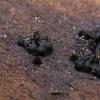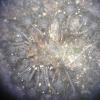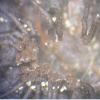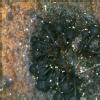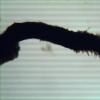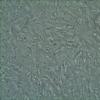
01-03-2026 18:02
 Francois Guay
Francois Guay
I found this mystery Helotiales on an incubated le

28-02-2026 14:43
A new refrence desired :Svanidze, T.V. (1984) Novy

01-03-2026 18:46
 Robin Isaksson
Robin Isaksson
Hi! This species i se from time to time in the

27-02-2026 17:51
 Michel Hairaud
Michel Hairaud
Bonjour, Quelqu'un peut il me donner un conseil p

27-02-2026 16:17
 Mathias Hass
Mathias Hass
Hi, Found this on Betula, rather fresh fallen twi

01-03-2026 14:10
 Antonio Couceiro
Antonio Couceiro
Hola, me gustaria conocer opiniones sobre este tem

Hello,
another pyrenomycete with distinct characters, but as I'm not familiar with pyrenomycetes I'm not too certain about the determination.
Macroscopically this is very similar to the drawing in DENNIS for Calosphaeria pulchella. However there are some differences:
- ecologically the species should be immersed in the substrate and only the long necks are to see. In my collection the whole fruitbodies were superfically "lying" on bark. It might be, that one layer of the bark split of not long before I found the perithecia, but nevertheless they were not immersed in wood.
- the necks of the perithecia are covered by a tomentum of orange hairs! See the fotos. I have not found that feature reported or drawn in the literature.
- the spores are slightly bigger than in DENNIS: 6-7,5 (8) x 2-2,2 (2,5) µm, but that may be due to my measurements being from living spores.
What is your opinion on this collection?
thank you and best regards,
Andreas
looks like Barbatosphaeria barbirostris. The ascospores should be 1-septate and it looks like they are in your photo.
Here's some literature:
http://www.mycologia.org/content/99/5/723.full.pdf
http://www.researchgate.net/publication/273261066_Molecular_systematics_of_Barbatosphaeria_(Sordariomycetes)_multigene_phylogeny_and_secondary_ITS_structure
Best wishes,
Gernot

Hallo Gernot,
mal wieder tausend Dank für die Hilfe - den hätte ich nie gefunden ....
Die Sporen waren in der Tat bisweilen septiert, aber ich hatte nicht den Eindruck dass sie dies bereits im Ascus gewesen wären.
beste Grüße,
Andreas

